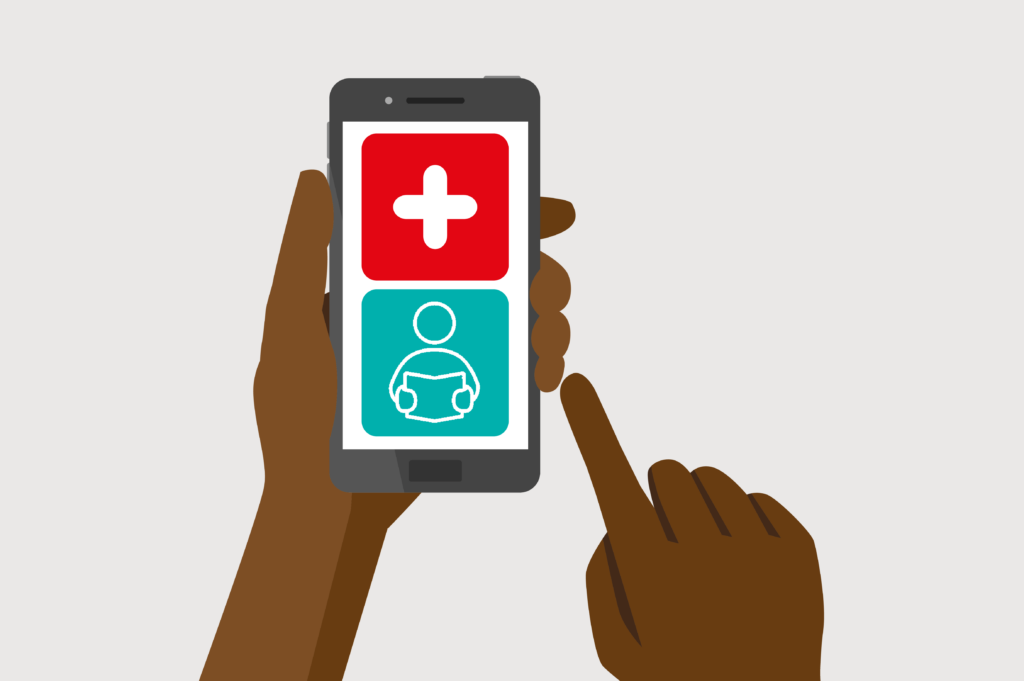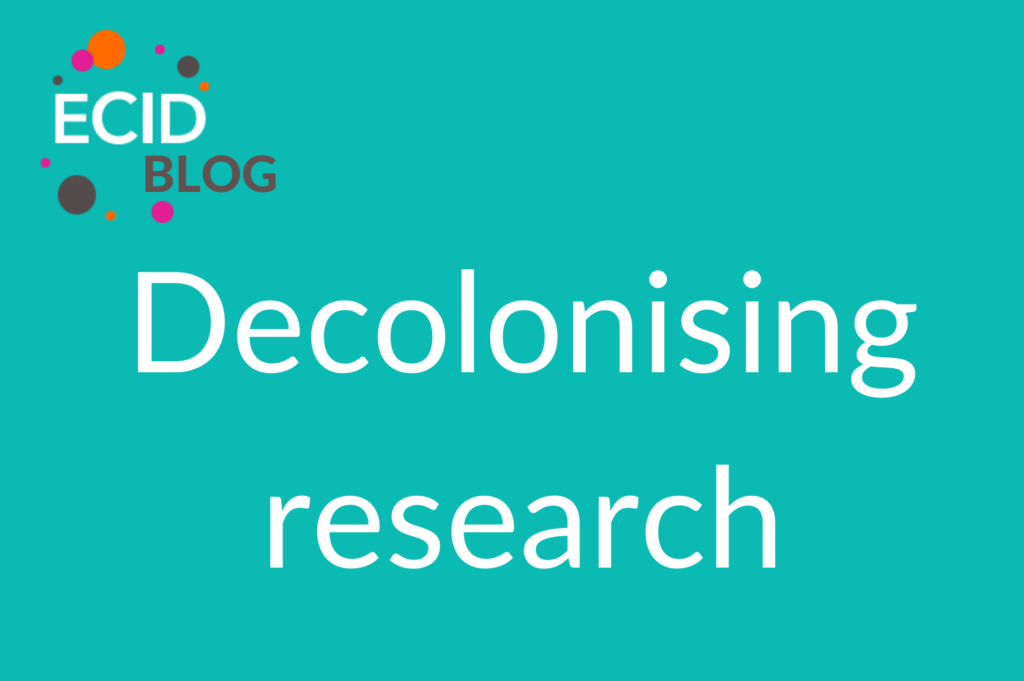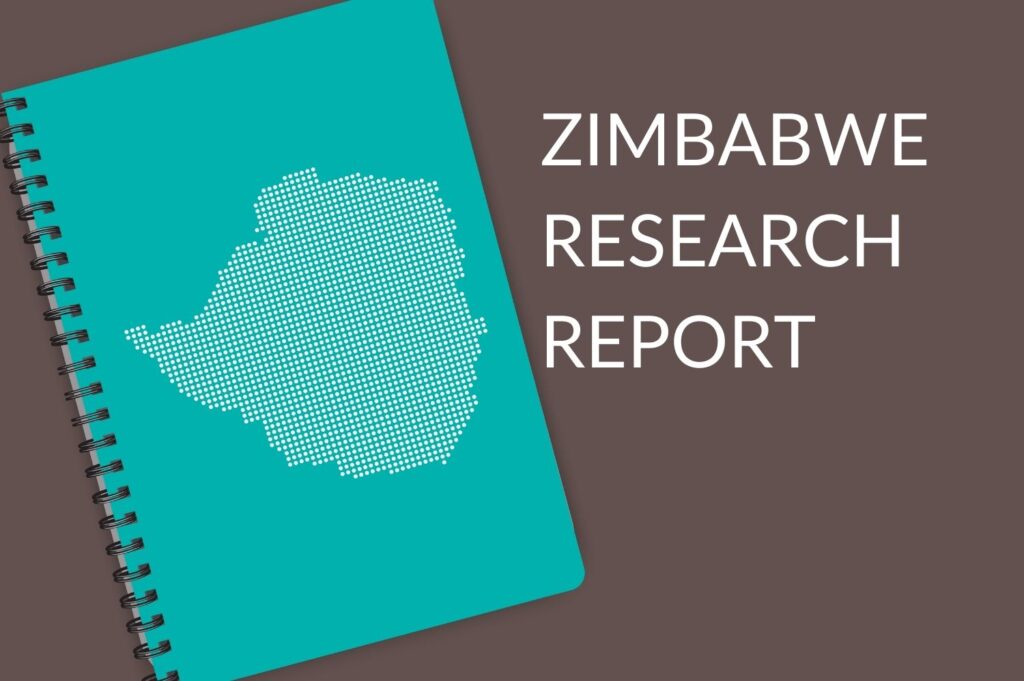Creating channels to open up community dialogue and reduce social exclusion
The United Nations had set an aim to end extreme poverty by 2030 but in Myanmar, Nigeria and Zimbabwe there is still a long way to go. Around a quarter of Myanmar’s population are thought to be living below the national poverty line; Nigeria has almost 90 million of its population living in extreme poverty; and Zimbabwe’s poverty levels are rising to unprecedented levels, with more than 70% of Zimbabwean children in rural areas living in poverty.
The Evidence and Collaboration for Inclusive Development (ECID) programme are working with people in positions of power in each of these countries to engage with and react to the priorities identified by people living below the poverty line.
ECID hopes to help reduce poverty, realise rights, and improve the well-being of the most marginalised citizens in Myanmar, Nigeria and Zimbabwe by 2022. In light of the COVID19 pandemic, this work has become increasingly essential, notably to push for access to everyday services.
Collecting community insights
In ECID, On Our Radar is supporting the collection of quality community insight, with a focus on offline communities. We are working closely with the project country teams in Nigeria and Zimbabwe to provide accessible technology channels for marginalised communities to document, gather and share insight into the challenges and solutions to poverty that are emerging around them.
We are deploying our central community insight platform, Radius, to train up and manage community research and reporter networks. The system uses local mobile numbers to collate offline reports via SMS, voice and online reports via chat apps, and centralise that insight so it can be analysed and used as evidence. We have established national telecommunications connections in each country so that reporting is free for communities and they can share real-time reports, guided by central assignments and responsive feedback.
Through this work, their insights feed directly into the wider advocacy and policy work of the ECID consortium and reaches relevant government and decision-makers.
The programme aims to amplify the voices of the most marginalised and gather better data in order to improve the efficiency and effectiveness of civil society. On Our Radar’s specific aim is to improve visibility of the drivers of marginalisation and exclusion, particularly around access to services and decision-making processes, in order to support responsive governance and interconnected civil societies.
Watch the videos below to hear directly from our reporter about the work they are doing for the network, what they have learned and what their hopes are for the future.
Continue to follow us as we share stories and insights directly from the communities.



